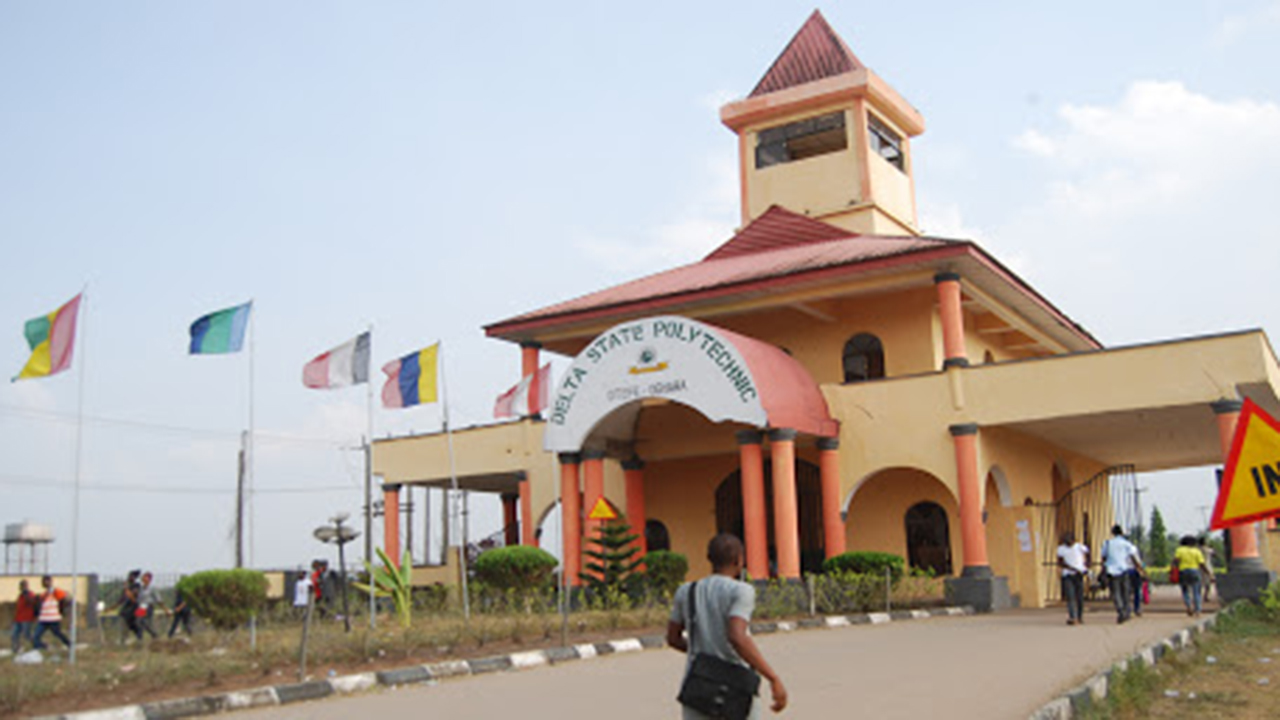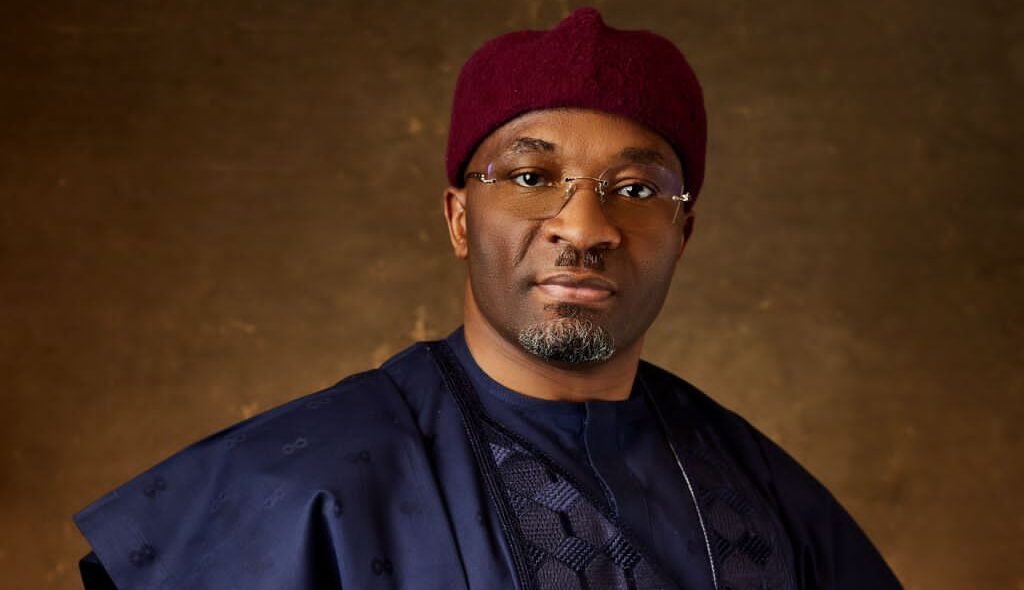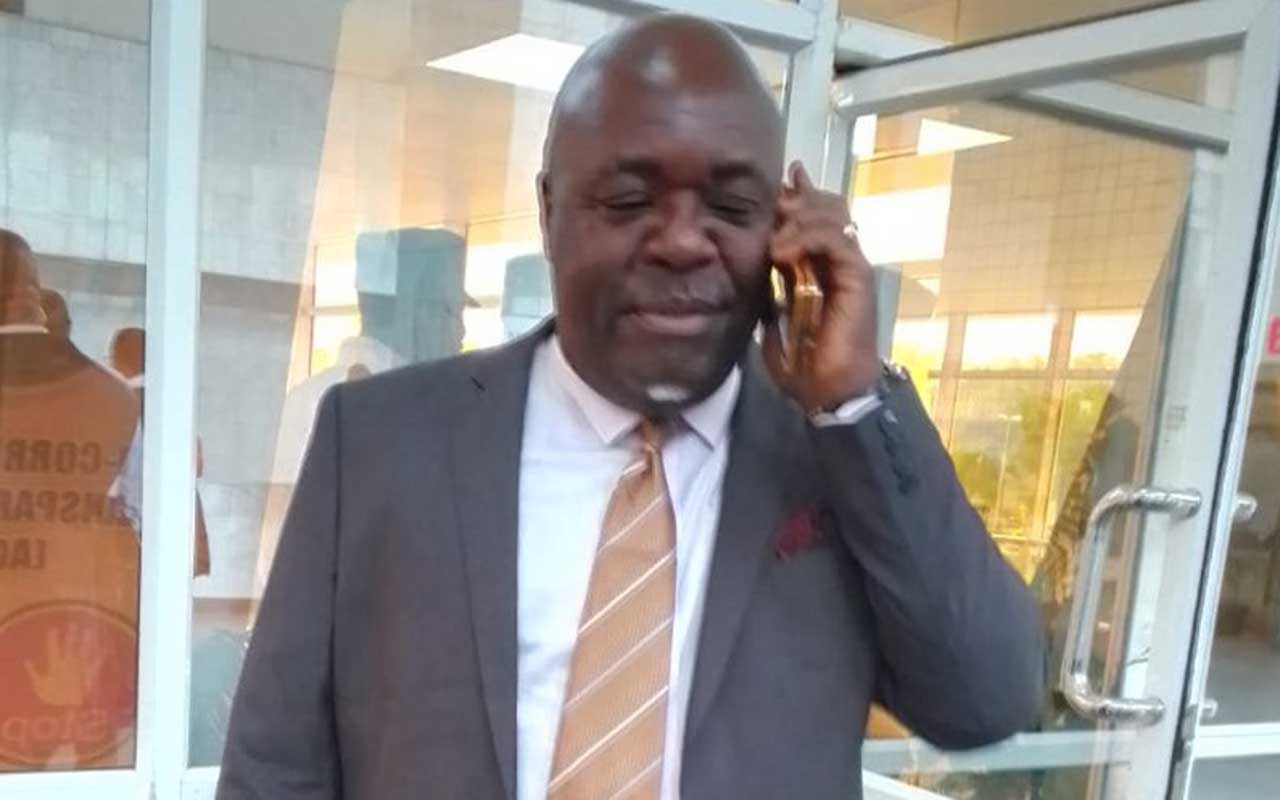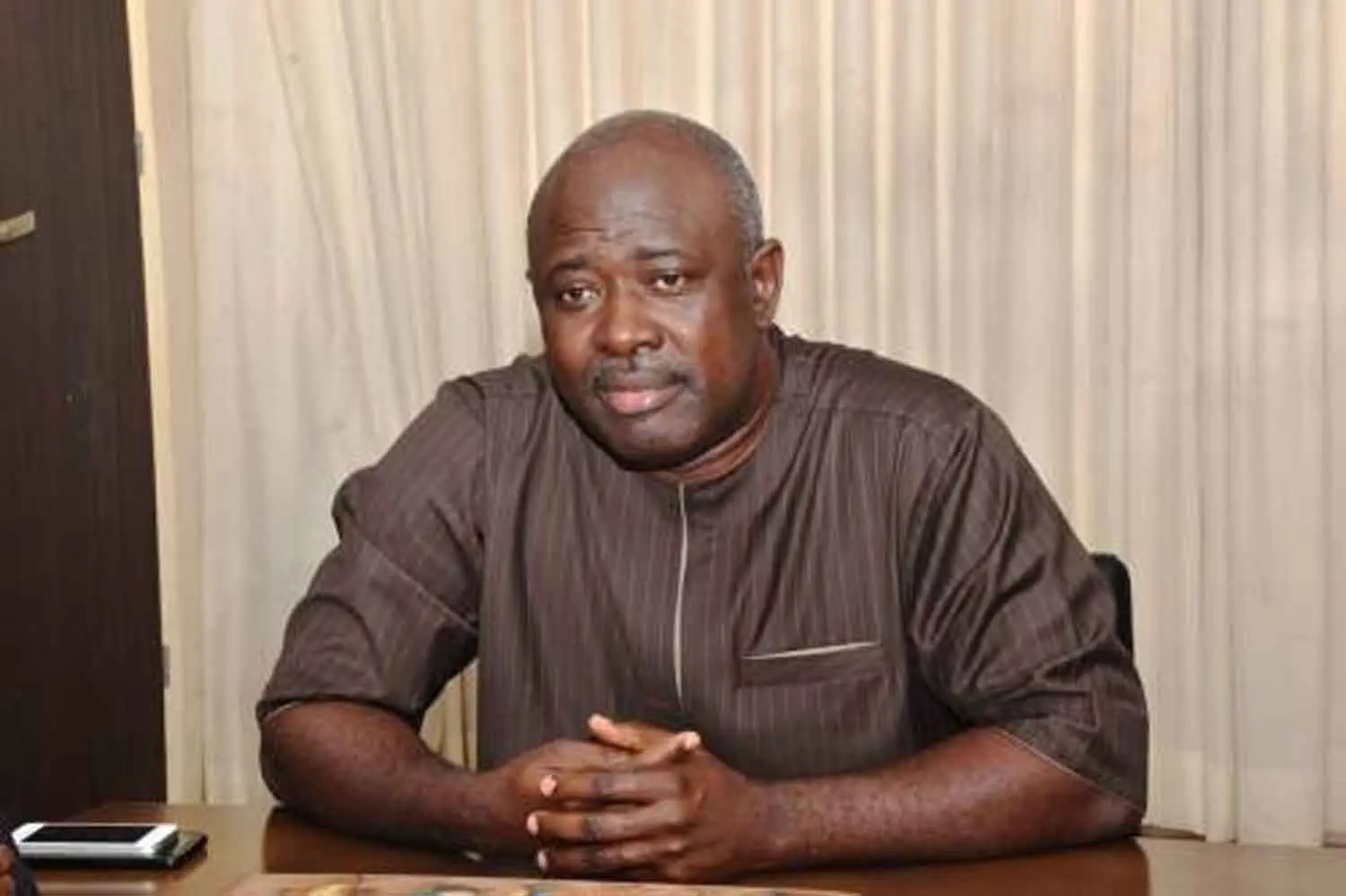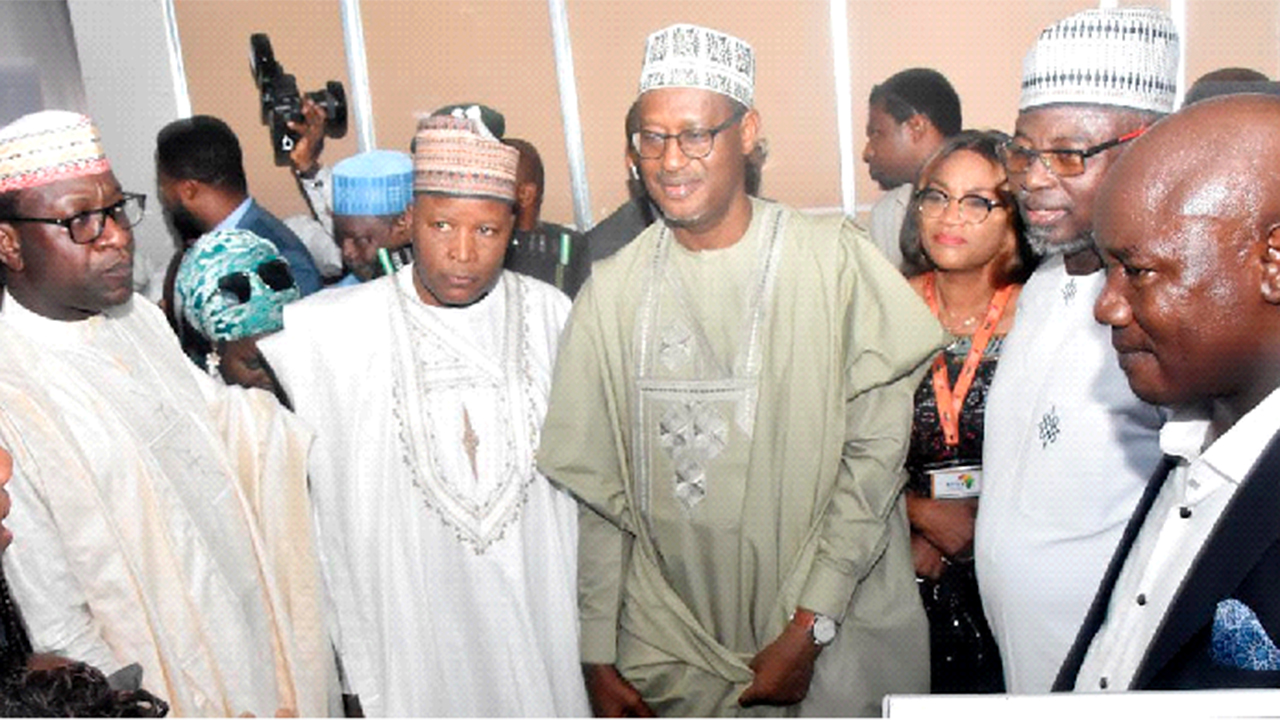Many are excited about the progress of the proposed National Independent Local Government Electoral Commission (NILGEC) Bill at the National Assembly. Yet, there are concerns that the state Houses of Assembly may not warm up to the bill to give it the mandatory constitutional approval, and those reservations seem to be valid, KEHINDE OLATUNJI reports.
The introduction of the National Independent Local Government Electoral Commission (NILGEC) Bill, which passed first reading at the Senate, may be a significant milestone in Nigeria’s quest to deepen democracy at the grassroots.
If the bill scaled through legislative processes and Constitution amendment, which requires endorsement of two-third of the 36-state Houses of Assembly, it will replace section 197 (1) of the 1999 Constitution that created and empowered State Independent Electoral Commissions (SIEC) to conduct elections into the 774 Local Government Area (LGAs) nationwide.
Sponsored by Sani Musa (APC, Niger East), the bill seeks to establish a National Independent Local Government Electoral Commission (NILGEC) to be “responsible for conducting elections to the office of the local government chairman and councilors, and any other matter thereof to do with local government as a third tier of government.”
The proposed local council electoral commission would “function to conduct free, fair, and transparent elections for Local Government (LG) Chairman and Councillors; prepare and maintain an accurate and up-to-date voter register; ensure voter education and public awareness regarding the electoral process; set and enforce electoral guidelines and regulations for LG elections; recruit and train electoral officers and staff for efficient election management; monitor and supervise all electoral activities and processes and investigate and adjudicate electoral disputes and grievances.”
The bill says NILGEC shall consist of a chairperson and six commissioners, appointed by the president and confirmed by the Senate. The chairperson and commissioners shall serve for five years, renewable once.
“NILGEC shall operate independently, free from external influence and interference. The commission shall have its budget, approved by the National Assembly, to ensure financial independence.”
For the electoral process and procedures, NILGEC would develop and implement procedures for voter registration, candidate nomination, and the conduct of elections. The commission would also ensure the provision of necessary electoral materials and logistics for the smooth conduct of elections.
NILGEC will also be saddled with the responsibility to announce the election schedule at least six months before the date of the election, while elections for the offices of LG chairman and councillors shall be conducted every four years.
The commission would also “define and enforce penalties for electoral offences, including but not limited to voter fraud, ballot stuffing, and electoral violence. Offenders shall be prosecuted and punished in accordance with the laws of the land.”
Although many political science scholars have seen recent efforts by the Federal Government at making local councils independent of the states as “abnormal” because it is against the principle of federalism upon, which many nations agreed to become a country – Nigeria.
According to them, the Federal Government has no business legislating or having any relationship with the local councils because “Federalism is a system of government in which a territory is controlled by two levels of government.”
However, the Nigerian constitution recognises three tiers of government – federal, state and local government – which is often criticised by the scholars as moving the country to a unitary system of government as against federalism.
But to many Nigerians, elections into the local councils have been far from being fair, credible and transparent since 1999 because SIEC recognised by the 1999 Constitution to conduct elections at the third tier of government has not been independent of controls from their governors.
This explains why ruling parties at the states always win elections into the local councils, leaving the opposition parties on the fringes. In fact, major opposition parties have stopped fielding candidates for local council elections because the results have been allegedly written before election.
Worse still, governors conduct local council polls whenever the political environment at the grassroots favours their parties to win, thereby running Local Government Areas (LGAs) by caretaker committee. As at the time Supreme Court declared “illegal” governing LGAs without democratically elected officer, The Guardian exclusively reported that 489 out of 774 LGAs (63.17 per cent) were being governed by caretaker committees or civil servants, indicating that democracy has been crippled at the grassroots.
Lamenting the manner at which SIECs conducted local council elections, the chairman of Independent National Electoral Commission (INEC), Prof. Mahmood Yakubu, recently described it as the coronation of candidates of ruling parties. He also called on the 36 state governors to “allow SIECs to have greater capacity for independent action.”
He said, “In some states, SIECs are either not properly constituted, have no security of tenure or their critical functions have been taken over by government officials. Some SIECs are only constituted on the eve of elections and dissolved thereafter. They are also severely under-resourced to the extent that some rely on INEC even for basic facilities such as ballot boxes and voting cubicles.”
To corroborate the alleged impunity, the Ebonyi Independent Electoral Commission (EBSIEC) on Sunday declared All Progressives Congress (APC), which is the state’s ruling party winner in all the 13 LGAs and 171 wards in the state.
However, there are concerns that getting 24 states (Two-third of 36) to endorse the proposed bill may be difficult because most of the House of Assemblies in Nigeria are seen to be an extension of the Governor’s office, lacking independence to act contrary to the dictates of the incumbent governor.
Speaking with The Guardian, Festus Oyelami, expressed worry that state Houses of Assembly might simply refuse to pass the bill or water it down to lack substance to achieve its objectives.
He said: “We know how our leaders are desperate when it comes to the issue of power. Yes, the bill is necessary but it might not see light of day as members of the state assemblies across the federation might sabotage it. The governors might even intimidate or coerce lawmakers against the bill, including civil society organisations, political parties, or individual advocates.”
On his part, Chairman House on Information, Media, Public Affairs and ICT, Oyo State House of Assembly, Waheed Akintayo, noted that even though the bill had scaled through the first reading, patience must be exercised to see if it would go beyond that.
He noted that because of the importance of the bill, state Assemblies have a huge role to play.
He said it would be sent to state Assemblies to consider on the concurrent list. “We are going to do our work when the bill is sent to us.”
When asked how the recent local council election was won by the ruling Peoples Democratic Party (PDP) in the state, he said, “Our governor is a people’s governor. You don’t expect a party that has the governor, and about 28 members of the House of Assembly not to win. Nobody should be surprised that the 33 local government elections were cleared by the PDP. But, I can assure you that it was a free and fair process.”
However, former member of the Lagos State of Assembly, Jude Idimogu, commended the proponent of the bill, saying it was the right step to ensure the will of the people was established.
Corroborating the influence of the state governor in the outcome of LGAs elections, Idimogu, who represented Oshodi-Isolo Constituency said, “If it’s a PDP state, it’s only the ruling party that would win and the same goes for all other parties. Assuming we have an independent body overseeing the election, it will be a better democratic process, which would give room for healthy competition even as there would be chances for the opposition. It will be more credible, and participatory and reduce the influence of governors.
“Assuming that local council chairmen are independent, we can hold them to account and ensure that they are alive to their responsibilities. They will function as they should.”
For the ex-National President of the Committee for the Defence of Human Rights (CDHR), Malachy Ugwummadu, “What the NILGEC bill seeks to do is to harmonise or integrate the functions of the SIEC into the functions of INEC. As far as Section 4 of the Constitution is concerned, that is permissible in terms of amendment of the Constitution or alteration of the Constitution.”
Ugwummadu, who is also a legal practitioner, argued that the amendment of a completely “illegitimate” constitution would run the country into a deeper crisis because as one section of the Constitution is being patched, the other part cannot stand. After all, the entire constitution itself lacks legitimacy and does not derive from the organic powers of the people through whom, the constitution ought to flow being depositaries of the sovereignty of the country.
He noted that if Nigerians are desirous of practising federalism as the name implies and as political scientists have identified, then it would be an absurdity to begin to think that elections into local council should be the business and responsibility of INEC.
“The fact that there have been very woeful displays of manipulation and crass impunity on the part of the governors and government of the respective federating unit does not therefore justify the outright imposition of unitary practices in an otherwise proclaimed federal government.
“I have repeatedly said that federalism as a concept of government system of government recognises the juxtaposition of state power at tiers of government in other words, the whole idea of concentrating all the powers of the state in one tier of government be it the national or state to the detriment of the other federating unit runs foul of the principles of federalism.”
He noted that where challenges are noticed what needs to be done is to strengthen the institution in a way that puts them above those manipulations and deal decisively with the mechanisms of the state including the cohesive powers within the confines of the law to rein such institutions or such organs of government into place.
“The idea of completely discountenancing what federalism means will run us further into trouble. We all are already a witness to the huge challenges of the INEC, you are also aware that there have been arguments that they should be unbundled yet you are now saying that in spite and despite the very heavy challenges that they face, you now want to push beyond what they do, you now want to impose the conduct of election in 774 local governments on them, that is a recipe for disaster and I am therefore calling for a stop to that bill even if it has passed the second reading.
“But the fear is whether they will ever listen because the public hearing that is usually associated with these interventions is neither here nor there as they proceed with whatever they want to do. The implication is that we move from one problem to another with no solution.”



